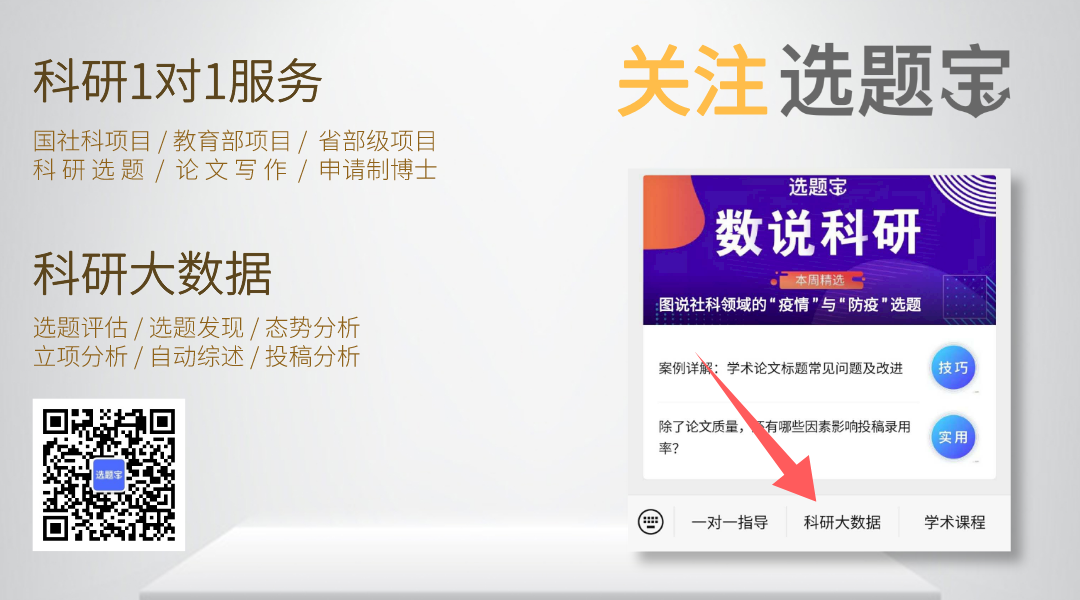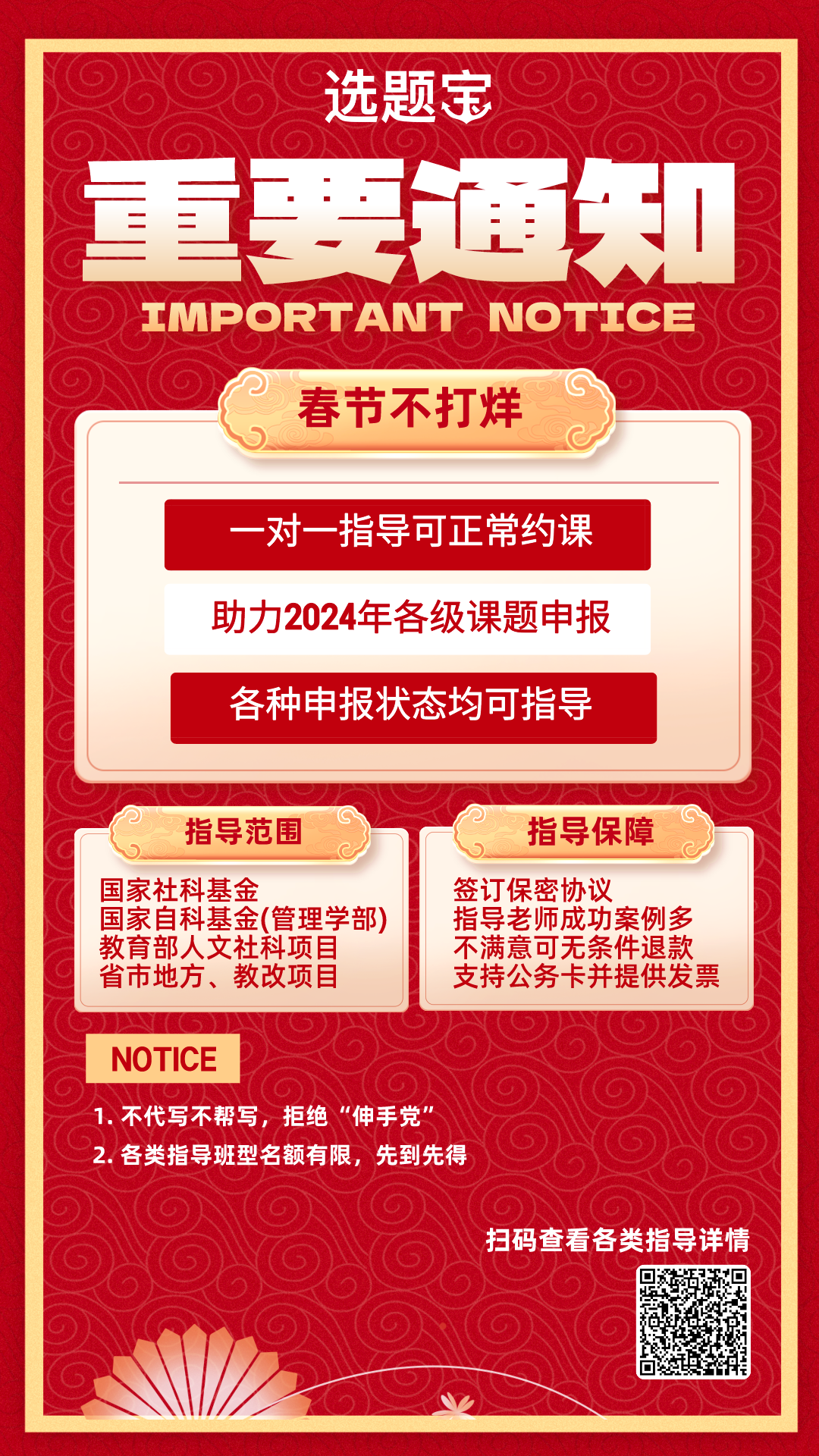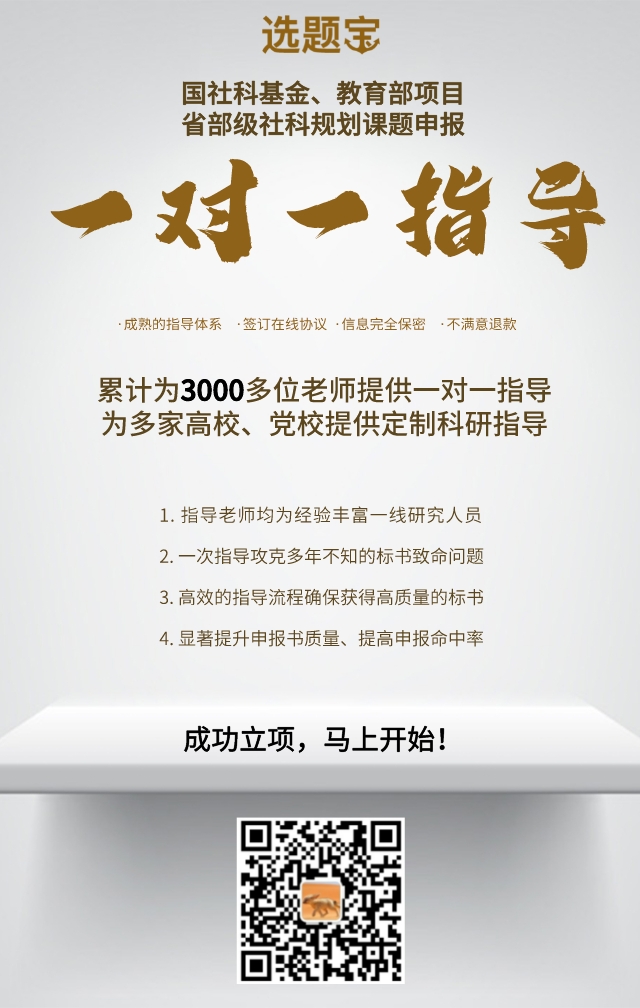SSCI《Business & Society》征稿: 社会挑战时代应对组织不法行为
2024年08月08日
截止日期:2024/10/31 23:59
征稿期刊
Business & Society
期刊级别
SSCI (JCR 2023)
IF 5.3
Q1 (BUSINESS 61/302)
征稿主题
Understanding and Confronting Organizational Corruption and Wrongdoing in the Era of Grand Societal Challenges
细分领域
New challenges and opportunities associated with current societal challenges and SDGs
Climate change (see SDG #13)
How does corruption and wrongdoing emerge from climate-change pressures?
How do organizations use corrupt practices to fight or diminish environmental
protection policies and laws?
Good health and wellbeing (see SDG #3)
How and why can combatting wrongdoing help to prevent future pandemics?
How does the urgency, uncertainty, and complexity involved in global scandals or crises foster wrongdoing, such as face mask scams or disinformation?
How and why do changes in business routines¾such as a shift to (recorded) online meetings, conferences and education, and flexible work arrangements¾reveal opportunities for tackling corruption (e.g., by leading to more empowered and productive employees)?
War, kleptocracy, and threats to democracy (see SDG #16)
How do wars and related energy crises affect anti-corruption efforts?
How does corruption stand in the way of overcoming wars and threats to democracy?
How do firms choose whether or not to do business in countries with authoritarian regimes?
How does corruption affect the military industry and how is it different from other industries?
New challenges and opportunities in today’s business and society transformations
Globalization
How can actors best deal with inherent tensions between policy compliance and achievement of intended goals in a global, dynamic business environment where it seems impossible to formulate “perfect” anti-corruption policies?
What are implications of wrongdoing and organizational responses to wrongdoing for organizational legitimacy in times of global business and society transformations?
Are ESG initiatives having an impact on organizational and societal corruption?
How can corruption and wrongdoing be overcome in the global value chains of, for example, extractive and labor-intensive industries?
How does the recent trend toward mandatory public regulation of corruption and human rights issues in global value chains affect the role of public, private, and societal actors in governing corruption?
Digitalization, (anti)corruption technologies, and new approaches to investigate corruption (see also SDG #9)
When and how does the increased digitalization of current societies represent an opportunity for anti-corruption efforts, both bottom-up and top-down?
When and how does the increased digitalization of current societies, and the emergence of novel digital technologies like AI based applications, offer novel opportunities for organizational corruption and wrongdoing?
How is digitalization affecting the ways in which we can investigate corruption in current societies?
What potential does “big data” bring in observing corruption and wrongdoing?
What are the “dark sides” of such a sheer mass of data?
How can configurational approaches generate new insights in the fight against corruption and wrongdoing?
New types pressures, collaborations, and dynamics across analytical levels
How do today’s business and society transformations affect the collective governance of corruption and wrongdoing across the world?
How and why does the current trend towards public regulation of global supply chains affect the role of public versus private actors in governing wrongdoing (see, e.g., the EU Corporate Sustainability Due Diligence Directive, 2023)?
What are the processes of corruption or other wrongdoing across different levels of analysis, and why do they change over time?
When, how, and why do small instances of corruption (i.e., petty corruption) become institutionalized over time?
How do corrupt networks evolve and how can they be overcome?
Might some actors facilitate their own change and growth as they sacrifice compliance for goal achievement, and if so, why?
Are some firms (e.g., small, entrepreneurial or family-owned firms) more susceptible to this?
How are sovereign wealth or pension funds ESG initiatives impacting the anticorruption fight?
重要时间
Submission Deadline: 31 October 2024
原文:https://journals.sagepub.com/home/bas



推荐内容
- 关于申报2024年度福建省社会科学普及出版资助项目的通知
- 2022年度山东省学前教育研究课题申报通知
- 第三届“社会治理的社会基础与支持”研讨会征稿启事
- 2023年度山西省哲学社会科学专项课题第二批申报通知
- 第三届“新时代全国基层党组织建设理论研讨会”
- C刊 | 《海南大学学报(人文社会科学版)》2024年重点选题
- SSCI《Technological Forecasting and Social Change》征稿: 企业远见推动转型变革
- 2021年度国家社科基金后期资助暨优秀博士论文出版项目立项名单公示
- 2025年度济南市哲学社会科学 “揭榜挂帅”研究项目申报公告
- 中华美学学会2019年年会暨“视界融合:美学、文艺学与艺术学的理论建构”全国学术研讨会



